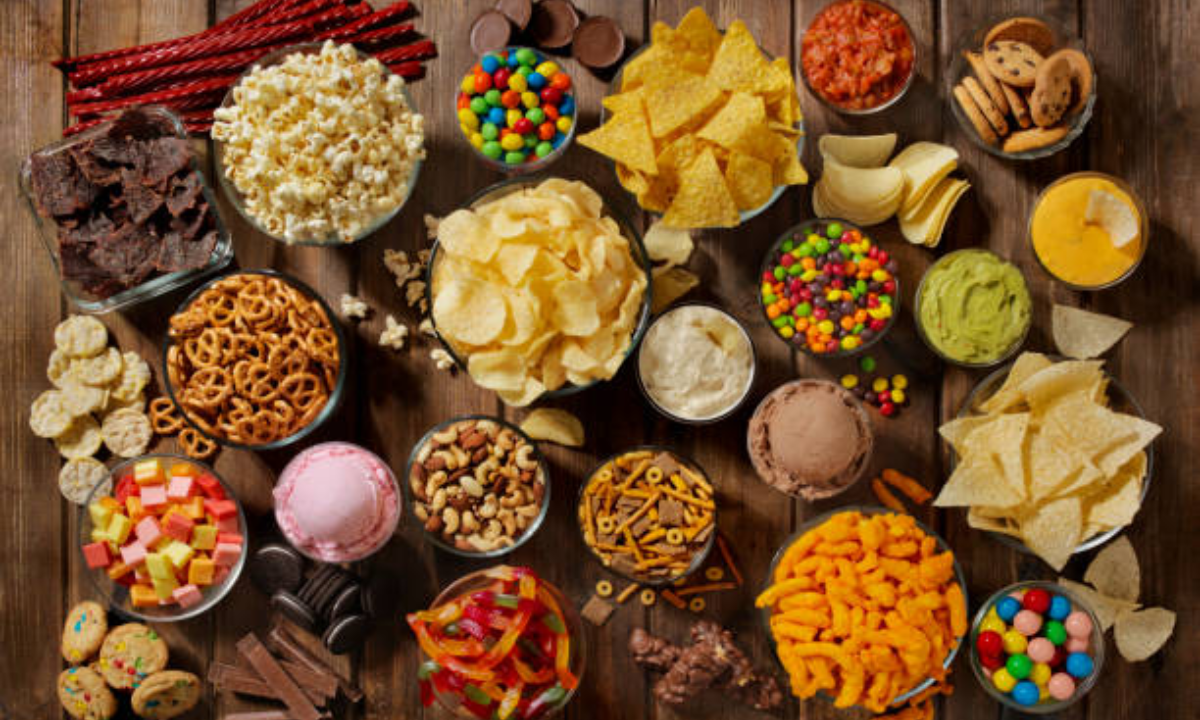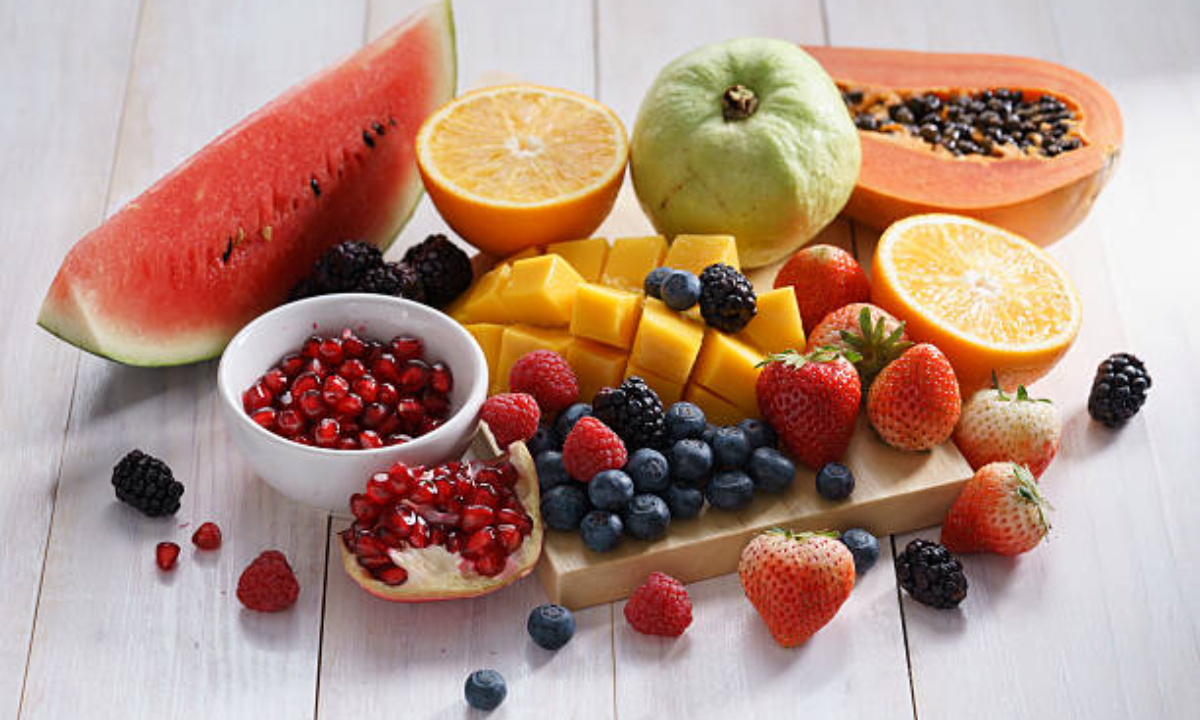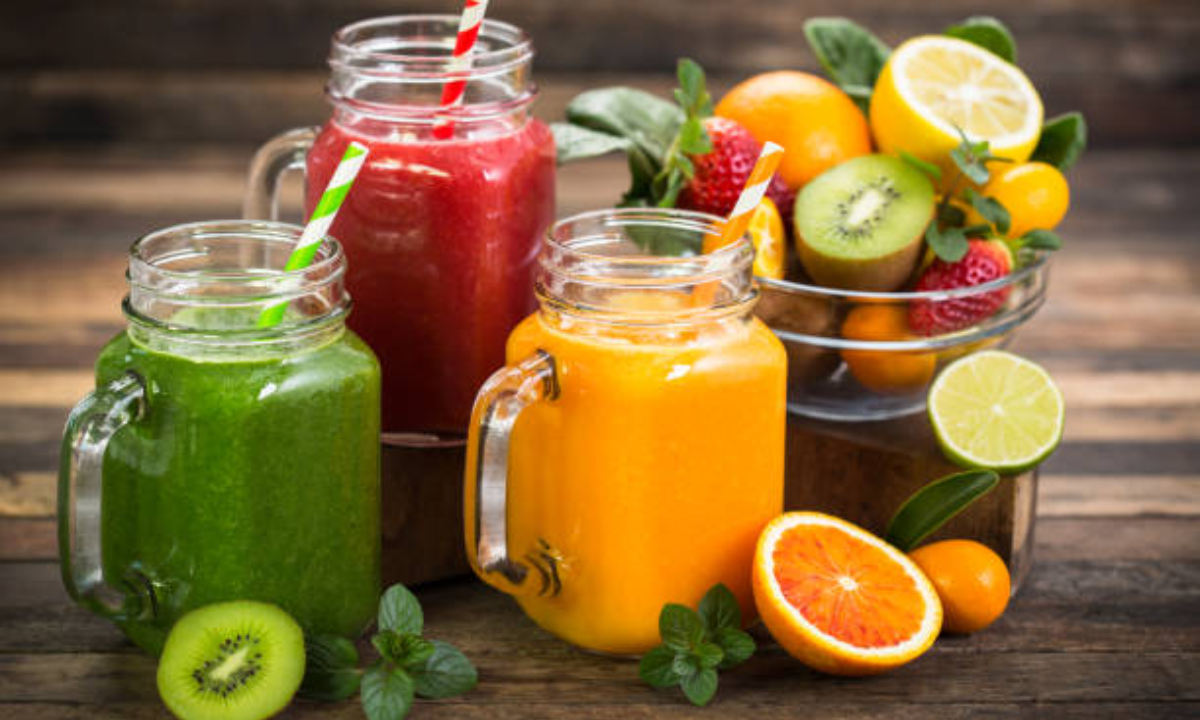An acne diet plan is one of the most underrated yet powerful tools for managing breakouts and achieving healthy, glowing skin. While skincare products help from the outside, what we eat daily plays an equally important role in nourishing our skin from within.
As someone who has worked with countless clients struggling with acne and skin issues, I have seen how dietary changes can completely transform skin health. I’m Avni Kaul, and through my work as a nutritionist at Nutri Activania, I have helped people discover how the right foods can calm inflammation, balance hormones, and bring back their natural glow.
In this blog, I will share the truth about diet and acne, a list of foods that cause acne, the best Indian diet plan for acne-free skin, the role of fruits for acne, effective drinks for acne-free skin, and practical tips. I will also guide you on when to consult a skincare Dietician in Delhi for personalized advice.
Why Diet Matters for Acne
What we eat directly affects hormones, blood sugar, and inflammation, all of which can trigger acne. For instance, high-sugar and processed foods can increase insulin spikes, leading to excess oil production. On the other hand, anti-inflammatory and nutrient-rich foods calm the skin and speed up healing.
List of Foods That Cause Acne

If you are struggling with frequent breakouts, your first step is to look at what might be triggering them. Here’s a quick guide:
| Food Group | Why It Causes Acne | Examples |
|---|---|---|
| High-sugar foods | Spike insulin causes excess oil production | Cakes, candies, sweetened drinks |
| Dairy | May increase hormones like IGF-1 | Milk, cheese, ice cream |
| Fried & oily foods | Increase inflammation & clogged pores | Pakoras, samosas, burgers |
| Refined carbs | Raise blood sugar quickly | White bread, noodles, pastries |
| Processed snacks | Full of unhealthy fats & preservatives | Chips, packaged biscuits |
Tip: You don’t have to cut everything at once. Start by reducing processed sugar and dairy, and see the difference in 3-4 weeks.
Indian Diet Plan for Acne-Free Skin
Indian food already has so many naturally healing options. Here’s a sample one-day Indian acne diet plan:
| Meal | Food Options |
|---|---|
| Breakfast | Moong dal chilla with mint chutney or vegetable upma and a glass of warm lemon water |
| Mid-morning | A bowl of papaya or guava (fruits for acne) |
| Lunch | 2 multigrain rotis, palak sabzi, dal, salad and 1 glass of chaas (buttermilk) |
| Evening Snack | Roasted chana or sprouts chaat with cucumber and tomato |
| Dinner | Brown rice, mixed vegetable curry, curd (small quantity if not acne-triggering) |
| Before bed | Herbal tea, like chamomile or spearmint (drinks for acne-free skin) |
This diet balances protein, fiber, and healthy fats while avoiding common triggers like fried foods and excess dairy.
Fruits for Acne

Certain fruits are particularly beneficial for acne because they are rich in vitamins, antioxidants, and hydration. My top picks:
- Papaya – contains papain, which reduces inflammation and unclogs pores.
- Guava – high in vitamin C for collagen and skin healing.
- Berries – loaded with antioxidants that fight free radicals.
- Pomegranate – improves blood flow and detoxifies.
- Apple – fiber helps regulate blood sugar.
Tip: Avoid fruit juices with added sugar; always go for whole fruits for fiber.
Drinks for Acne-Free Skin
Hydration is just as important as food. Some of the best skin-clearing drinks include:
- Warm lemon water – flushes out toxins.
- Green tea – packed with antioxidants.
- Spearmint tea – reduces hormonal acne.
- Coconut water – hydrates and provides minerals.
- Chaas (buttermilk) – balances gut bacteria.
These are simple, everyday options that cool inflammation and promote clear skin.
Acne Diet Plan vs Skincare Products
I always remind my clients that skincare creams alone cannot fix acne if the root cause is dietary. A proper acne diet plan works from the inside, while skincare maintains it from the outside. The combination of both is most effective.
Tips to Follow for Clear Skin
Here are some easy, practical tips:
- Drink at least 2-3 litres of water daily.
- Include fiber-rich foods like oats, dal, and salads.
- Limit sugar, dairy, and fried foods.
- Add zinc-rich foods (pumpkin seeds, lentils).
- Sleep well and manage stress.
Role of a Skincare Dietician
As a nutritionist in Delhi, I see many people spend years trying expensive creams without fixing their diet. That’s why working with a skincare Dietician is so important.
A Dietician can help:
- Identify the food habits that trigger reactions unique to your skin.
- Plan a diet that balances hormones naturally.
- Combine skin-friendly foods with overall wellness goals.
At Nutri Activania, I create personalized acne diet plans that focus not just on skin health but also on weight management, digestion, and energy.
FAQs on Acne and Diet
Q1: Can acne really be controlled through diet?
Yes, diet plays a big role in controlling acne. While genetics and hormones matter too, foods that spike insulin or cause inflammation can worsen breakouts. On the other hand, nutrient-rich foods reduce flare-ups and improve healing.
Q2: How long will it take to see changes with an acne diet plan?
Most people start seeing improvements in 4–6 weeks. Skin takes time to regenerate, so patience and consistency are key.
Q3: Do all dairy products cause acne?
Not always. Milk and ice cream are more likely to trigger acne than small amounts of curd or buttermilk. It depends on individual sensitivity.
Q4: What are the best quick snacks for acne-prone people?
Roasted chana, fruit bowls, sprouts chaat, or a handful of nuts are excellent choices. They are low in sugar and high in nutrients.
Q5: Should I avoid all oils and fats?
No, healthy fats are essential for skin health. Choose omega-3-rich foods like flaxseeds, walnuts, and fish. Avoid deep-fried and processed fats.
Final Thoughts
Your skin is a mirror of what’s happening inside your body. A well-planned acne diet plan can calm inflammation, balance hormones, and bring back your natural glow. From cutting out acne-causing foods to embracing fruits, vegetables, and healing drinks, the journey to clear skin begins in the kitchen.
As a practicing Dietician in Delhi and founder of Nutri Activania, I have seen how the right combination of foods and lifestyle changes can completely transform skin health. With guidance from a qualified expert, you can enjoy long-term results and radiant, acne-free skin.


